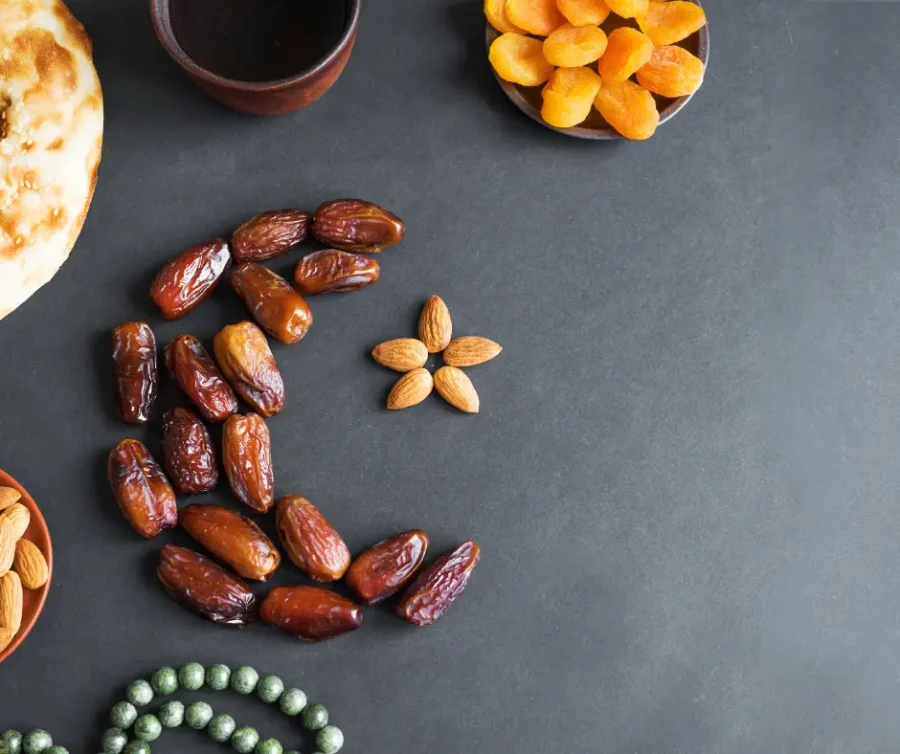As we head into the second week of the blessed month of Ramazan, it is important to remind ourselves to remain healthy and active along with adopting good eating habits despite the fast.
Ramazan is the most blessed time of year in Pakistan when we express love, devotion, and good deeds. In order to fully submerge in the spiritual significance of Ramazan, it is also important to remain healthy to maintain our energy while worshiping.
The first thing in order to have healthy Ramazan is to prioritise one’s nutrition.
It is very easy to become dehydrated when fasting from water so ensure that you drink water before consuming food at Iftar time. Drinking water before eating makes it less likely to overeat at Iftar.
It is also recommended to drink as much water as possible between Iftar and Suhoor.
Additionally, avoid eating too many fried foods like samosas and pakoras as these foods can cause further dehydration. Regular consumption of fried foods can also lead to unwanted weight gain and issues with cholesterol.
Protein is an essential macronutrient that provides satiety signals to your body therefore, it is recommended to have a lean source of protein at Iftar and Suhoor.
Fat is another essential macro nutrition that helps keep you fuller longer. I recommend consuming healthy fats as a snack between Iftar and Suhoor instead of consuming processed foods like chilli chips or biscuits.
Healthy snacks that include good fats include mixed nuts or olives or pumpkin/sunflower seeds.
It is recommended to choose carbohydrates wisely during Ramazan. Complex carbs like bajra, brown rice, quinoa, etc. are recommended instead of white bread or pasta as whole grains do not spike blood sugar as much as processed carbs.
Stable blood sugar is the key to keeping hunger at bay during Ramazan. Try to consume a wide variety of fruits and vegetables to avoid developing any nutrition deficiencies during Ramazan. I recommend that half your plate should be vegetables at Iftar.
Bhindi masala, baingan bharta, sarson ka saag, and palak sabzi all make incredible, flavorful, healthy side dishes at Iftar. The fiber from vegetables also helps with satiation and gut health.
Not only is it important to eat healthy but it is also important to get enough sleep.









